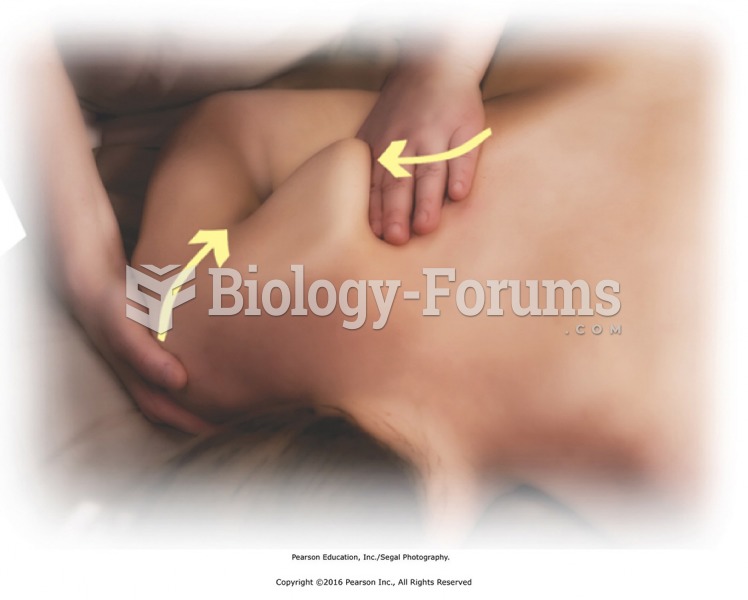|
|
|
Thyroid conditions may make getting pregnant impossible.
An identified risk factor for osteoporosis is the intake of excessive amounts of vitamin A. Dietary intake of approximately double the recommended daily amount of vitamin A, by women, has been shown to reduce bone mineral density and increase the chances for hip fractures compared with women who consumed the recommended daily amount (or less) of vitamin A.
Pubic lice (crabs) are usually spread through sexual contact. You cannot catch them by using a public toilet.
In 2010, opiate painkllers, such as morphine, OxyContin®, and Vicodin®, were tied to almost 60% of drug overdose deaths.
More than 34,000 trademarked medication names and more than 10,000 generic medication names are in use in the United States.







